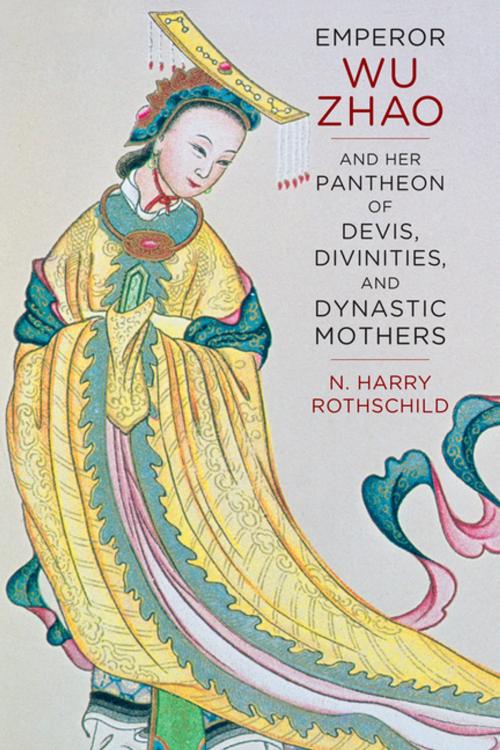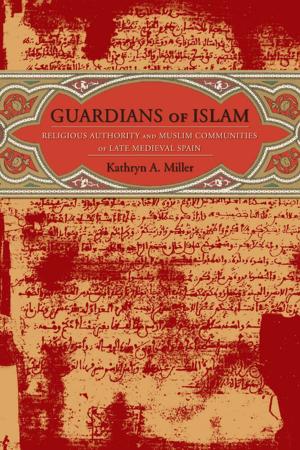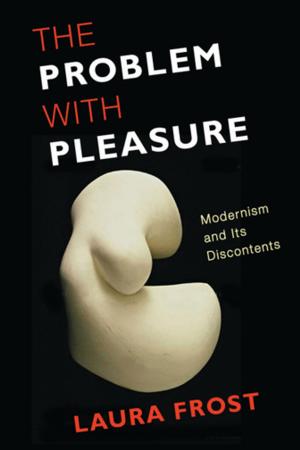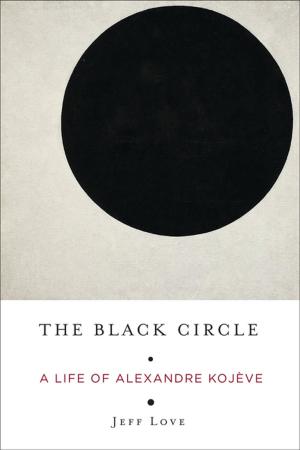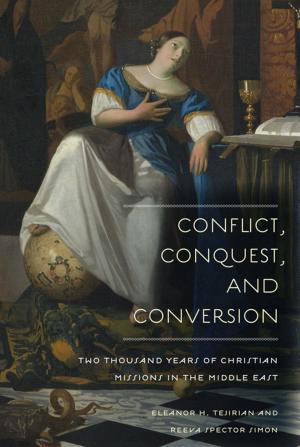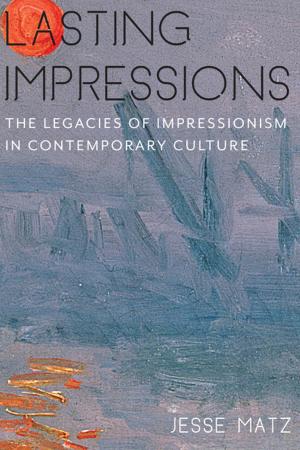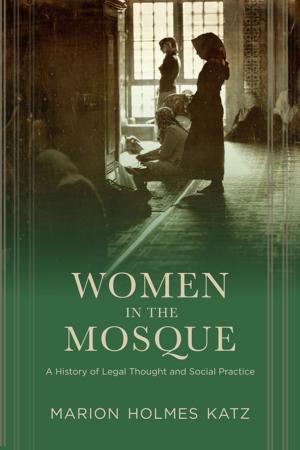Emperor Wu Zhao and Her Pantheon of Devis, Divinities, and Dynastic Mothers
Nonfiction, Religion & Spirituality, Eastern Religions, Buddhism, Social & Cultural Studies, Social Science, Gender Studies, Women&| Author: | N. Harry Rothschild | ISBN: | 9780231539180 |
| Publisher: | Columbia University Press | Publication: | June 16, 2015 |
| Imprint: | Columbia University Press | Language: | English |
| Author: | N. Harry Rothschild |
| ISBN: | 9780231539180 |
| Publisher: | Columbia University Press |
| Publication: | June 16, 2015 |
| Imprint: | Columbia University Press |
| Language: | English |
Wu Zhao (624–705), better known as Wu Zetian or Empress Wu, is the only woman to have ruled China as emperor over the course of its 5,000-year history. How did she—in a predominantly patriarchal and androcentric society—ascend the dragon throne? Exploring a mystery that has confounded scholars for centuries, this multifaceted history suggests that China's rich pantheon of female divinities and eminent women played an integral part in the construction of Wu Zhao's sovereignty.
Wu Zhao deftly deployed language, symbol, and ideology to harness the cultural resonance, maternal force, divine energy, and historical weight of Buddhist devis, Confucian exemplars, Daoist immortals, and mythic goddesses, establishing legitimacy within and beyond the confines of Confucian ideology. Tapping into powerful subterranean reservoirs of female power, Wu Zhao built a pantheon of female divinities carefully calibrated to meet her needs at court. Her pageant was promoted in scripted rhetoric, reinforced through poetry, celebrated in theatrical productions, and inscribed on steles.
Rendered with deft political acumen and aesthetic flair, these affiliations significantly enhanced Wu Zhao's authority and cast her as the human vessel through which the pantheon's divine energy flowed. Her strategy is a model of political brilliance and proof that medieval Chinese women enjoyed a more complex social status than previously known.
Wu Zhao (624–705), better known as Wu Zetian or Empress Wu, is the only woman to have ruled China as emperor over the course of its 5,000-year history. How did she—in a predominantly patriarchal and androcentric society—ascend the dragon throne? Exploring a mystery that has confounded scholars for centuries, this multifaceted history suggests that China's rich pantheon of female divinities and eminent women played an integral part in the construction of Wu Zhao's sovereignty.
Wu Zhao deftly deployed language, symbol, and ideology to harness the cultural resonance, maternal force, divine energy, and historical weight of Buddhist devis, Confucian exemplars, Daoist immortals, and mythic goddesses, establishing legitimacy within and beyond the confines of Confucian ideology. Tapping into powerful subterranean reservoirs of female power, Wu Zhao built a pantheon of female divinities carefully calibrated to meet her needs at court. Her pageant was promoted in scripted rhetoric, reinforced through poetry, celebrated in theatrical productions, and inscribed on steles.
Rendered with deft political acumen and aesthetic flair, these affiliations significantly enhanced Wu Zhao's authority and cast her as the human vessel through which the pantheon's divine energy flowed. Her strategy is a model of political brilliance and proof that medieval Chinese women enjoyed a more complex social status than previously known.
